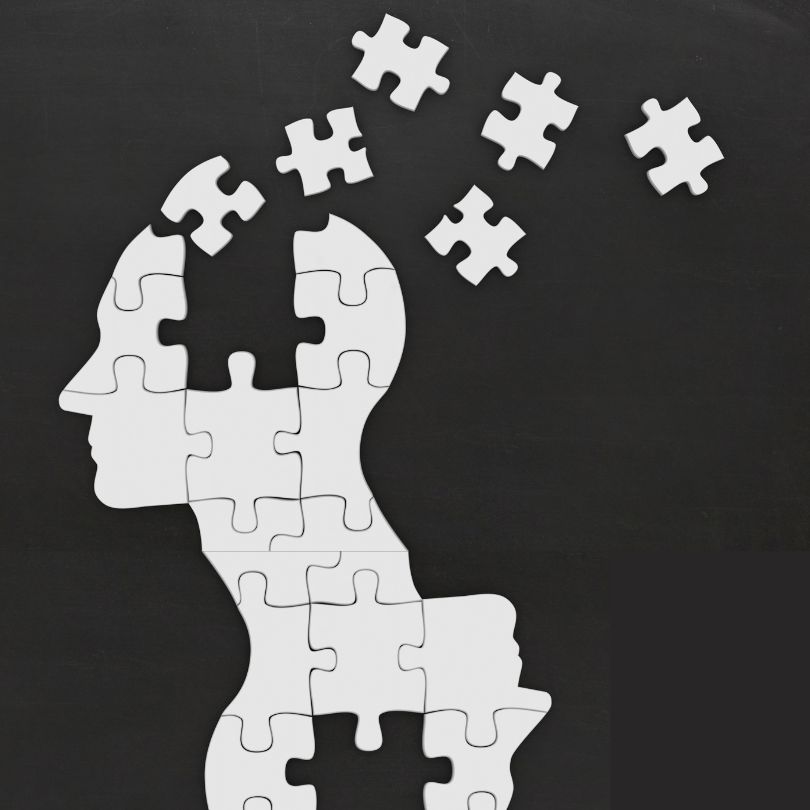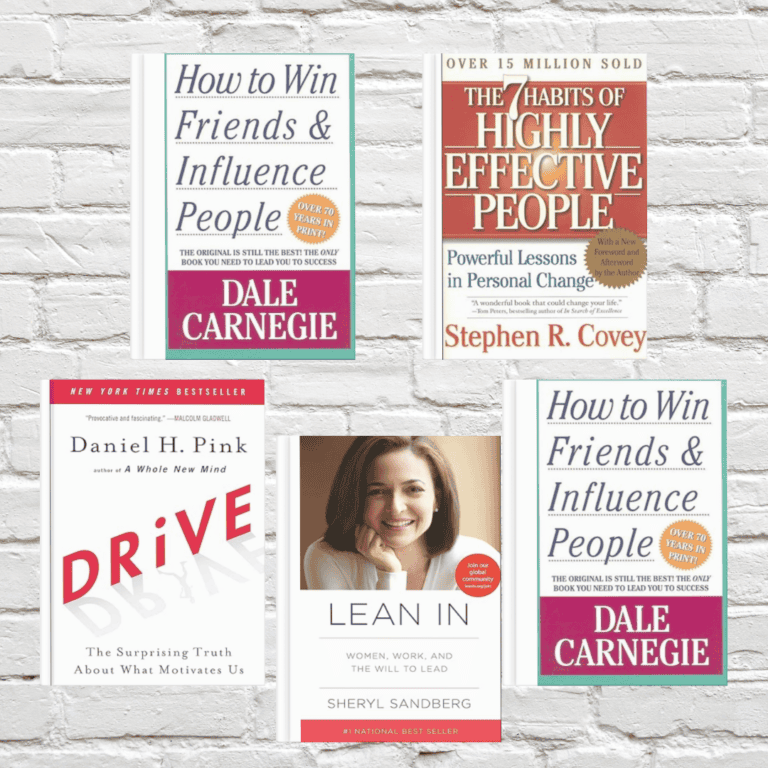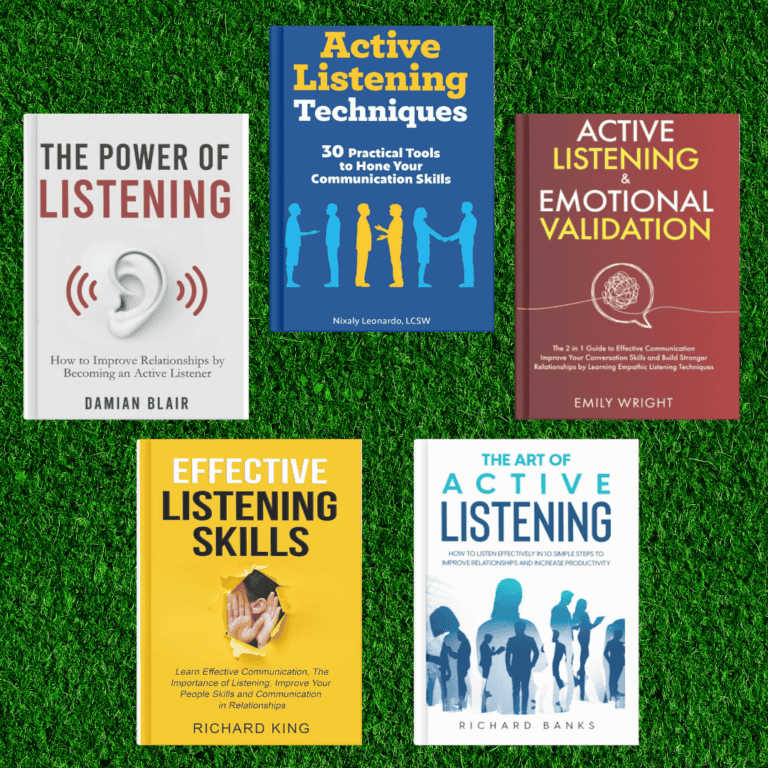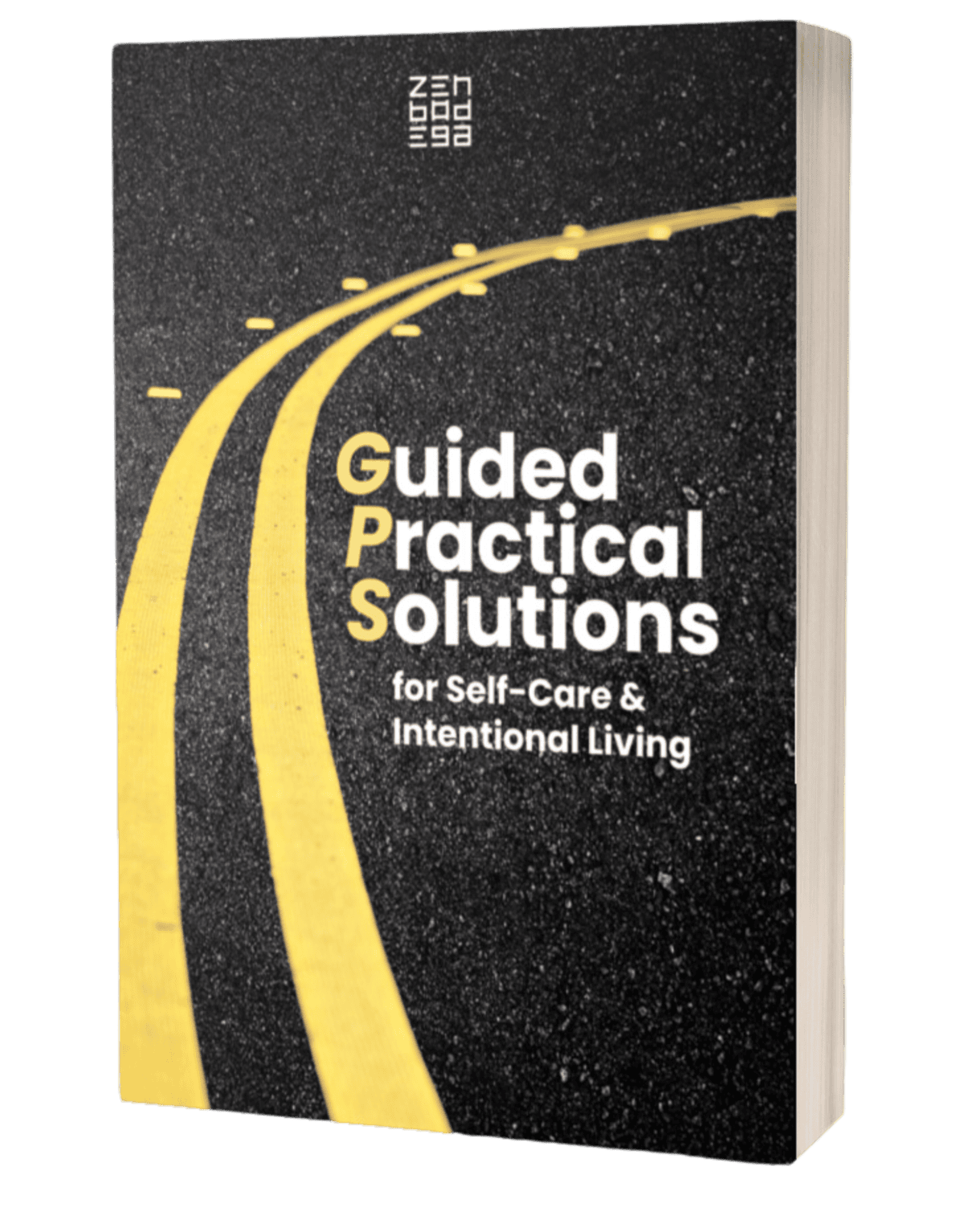7 Intentional Ways to Practice a Growth Mindset
Are you a person who gets stuck in the belief that your talents and intellect are unchangeable? Does your mindset feel like an invisible barrier to your growth & advancement?
If so, you are in the right place. I know firsthand how it feels to yearn for change but feel like nothing in your life is moving. Sometimes we can get in our own way and develop fixed mindsets that hold us back from being the greatest versions of ourselves. If you are reading this article, it’s time to for you to break that barrier and unleash your truest and highest potential!
These seven empowering steps will guide you in cultivating a growth mindset and a new psychology to aide in you leading a more purposeful way of life. This journey goes way beyond just changing your thoughts but allows you to build new skills to aide in your transformation. Let’s redefine what you think you’re capable of, step by step, with a renewed sense of purpose and possibility.
What is a Growth Mindset?

A growth mindset is a concept developed by psychologist Carol Dweck, which refers to the belief that one’s abilities and intelligence can be developed through effort, dedication, and perseverance.
It’s the understanding that talents and skills can be cultivated through hard work, good strategies, and input from others.
Key aspects of a growth mindset include:
- Embracing Challenges: Viewing challenges as opportunities to grow and learn, rather than as overwhelming obstacles.
- Persisting in the Face of Setbacks: Seeing setbacks not as failures, but as part of the journey in learning and developing into the best version of you.
- Effort as a Path to Mastery: Recognizing that effort is a necessary and valuable part of becoming skilled in any area.
- Learning from Criticism: Using feedback as a tool for improvement, rather than seeing it as a personal attack.
- Being Inspired by Others: Looking at the success of others as a source of learning and motivation, rather than as a threat.
Fixed vs Growth Mindset?
A fixed mindset, as defined in the growth mindset theory, assumes that basic qualities like intelligence and talent are innate, unchangeable traits. This perspective leads people to avoid challenges, give up easily, and feel threatened by the success of others.
In a fixed mindset, there’s a tendency to view challenges as threats and to avoid them for fear of failure, as it’s believed that your initial talents and abilities are static. This mindset often results in a reluctance to embrace learning opportunities, as it sometime feels that your existing abilities are predetermined and not subject to improving.
In contrast, a growth mindset is rooted in the understanding that abilities and intelligence can be developed through hard work, perseverance, and a willingness to learn. This mindset encourages individuals to view challenges as opportunities to grow, persist through difficulties, and see effort as an essential part of the learning process.
It fosters resilience, a love for learning, and a greater sense of achievement. Developing a growth mindset means recognizing that basic qualities are just the starting point and that one’s own mindset plays a crucial role in shaping their learning and development.
Benefits of Having a Growth Mindset
- Enhanced Learning and Intelligence: Adopting a growth mindset means recognizing that your learning and intelligence are not fixed traits. This perspective encourages you to embrace new challenges and learning strategies, understanding that your existing abilities are just the starting point for development.
- Increased Resilience: With a growth mindset, you’re better equipped to overcome challenges. Instead of being discouraged by setbacks, you view them as opportunities for growth and learning, moving beyond your comfort zone.
- Greater Creativity and Innovation: A growth mindset fosters openness to new ideas and experiences. You’re more likely to explore innovative solutions and develop new skills, as you’re not constrained by the fear of failure.
- Improved Performance: Studies, including those by Stanford psychologist Carol Dweck, have shown that individuals with a growth mindset often achieve more than those with a fixed mindset. This is because they focus more on the process of learning and effort rather than solely on innate talent.
- Better Handling of Feedback: Embracing a growth mindset means you’re more receptive to feedback, viewing it as a valuable tool for self-improvement and learning, rather than as a personal criticism.
- Increased Motivation and Engagement: A growth mindset can lead to higher levels of motivation and engagement, particularly in educational and workplace settings, as it aligns with the belief in continuous personal and professional development.
- Enhanced Self-Esteem and Wellbeing: This mindset contributes to a healthier self-image and greater overall wellbeing. It’s rooted in a belief in personal development, effort, and the ability to change and grow.
- Positive Attitude Towards Mistakes: In a growth mindset, making mistakes is an essential part of the learning process. You learn to view failure not as a setback but as a learning opportunity.
- Collaborative and Supportive Relationships: A growth mindset encourages viewing the success of others as a source of inspiration rather than jealousy, fostering more collaborative and supportive relationships.
- Adaptability: Being open to growth makes you more adaptable to change, an essential skill in our rapidly evolving world. You’re more likely to approach challenges and new tasks with a positive attitude, seeing them as opportunities to develop and achieve positive results.
Growth Mindset And Intentional Living
When you integrate a growth mindset with intentional living, you create a powerful framework for personal development and fulfillment. This combination is not just the starting point but a continuous journey in aligning your actions with your deepest values and long-term aspirations.
By embracing a growth mindset in your intentional living practices, you empower yourself to not only pursue your aspirations but also to continuously evolve and adapt in your journey. Each step becomes a deliberate and growth-oriented action towards a fulfilling life.
7 Intentional Ways To Develop A Growth Mindset

Step 1: Recognize and Understand Your Current Mindset
To adopt a growth mindset, start with self-awareness. Reflect on your reactions to challenges, criticism, and others’ successes.
Do you shy away from difficult tasks, fear failure, or feel envious of others’ achievements?
These are indicators of a fixed mindset. Recognizing these tendencies is not about self-judgment but about identifying areas for personal growth.
This self-awareness is a vital first step towards a growth-oriented mindset.

Example: When you’re hesitant to take on a new project at work because you fear it’s beyond your abilities, recognize this as a fixed mindset. Acknowledge the fear but also see it as an opportunity to grow.
Step 2: Challenge and Reframe Negative Beliefs
Confront and change your limiting beliefs. Question their accuracy and how they reflect your true potential.
Reframe negative thoughts into positive, growth-focused ones. For instance, instead of thinking, “I’m not good at this,” tell yourself, “I can improve with practice.”
Example: If you believe you’re bad at public speaking, reframe this by telling yourself, “With practice, I can become a confident speaker.”
Step 3: Embrace Challenges and Learn from Failures

View challenges as growth opportunities and failures as lessons. Seek out new challenges with curiosity and learn from failures by asking what they can teach you. This approach builds resilience and a mindset focused on continuous learning.
Example: If a project doesn’t go as planned, instead of feeling defeated, analyze what went wrong and what you can learn from it.
Step 4: Cultivate Curiosity and a Love for Learning

Develop a strong sense of curiosity and a passion for learning. Explore new ideas and subjects that interest you, making learning enjoyable. Treat learning as a lifelong journey, not a finite task. This keeps your mind open and active, fostering a growth mindset.
Example: Take up a new hobby or subject you’ve always been curious about, like learning a new language or a musical instrument.
Step 5: Seek Feedback and Constructive Criticism
Actively seek feedback and approach it with an open mind. View feedback as a growth opportunity, not a personal attack. Listen attentively, ask for clarification, and embrace constructive feedback as a tool for improvement.
Example: After completing a task or project, ask for feedback from peers or mentors and use their insights to improve.
Step 6: Celebrate Effort and Progress, Not Just Results

Focus on valuing effort and progress over results. Recognize setbacks as part of the learning process. Celebrate the hard work and dedication you put into your pursuits, reinforcing the idea that growth is an ongoing journey.
Example: Instead of feeling down if you don’t win a competition, celebrate the effort and progress you made in preparing for it.
Step 7: Practice Persistence and Resilience
Emphasize the importance of persistence and resilience. Understand that the path to a growth mindset includes challenges. View setbacks as learning opportunities and maintain a positive attitude, reinforcing the belief in expanding potential through effort.
Example: If you face rejection, whether in a job application or a personal endeavor, don’t give up. Learn from the experience and persist with a positive attitude.
The Bottomline
Embracing intentional living through these seven key steps is a transformative journey towards developing a growth mindset. This journey is about recognizing where you currently stand, challenging and reframing negative beliefs rooted in a fixed mindset, and embracing challenges and failures as learning opportunities.
Begin this journey today and witness how each step brings you closer to realizing your true potential and living a life aligned with your deepest values and aspirations. Remember, adopting a growth mindset is not about seeking approval but about understanding your own mindset and its power in shaping your life.








